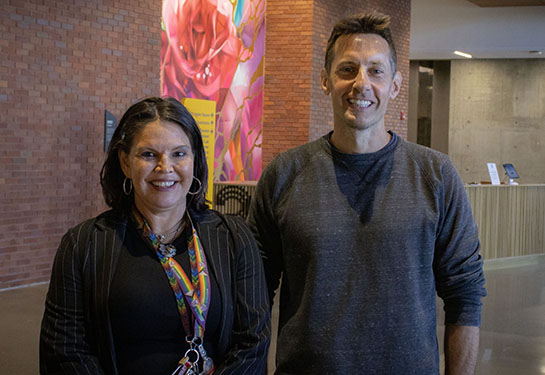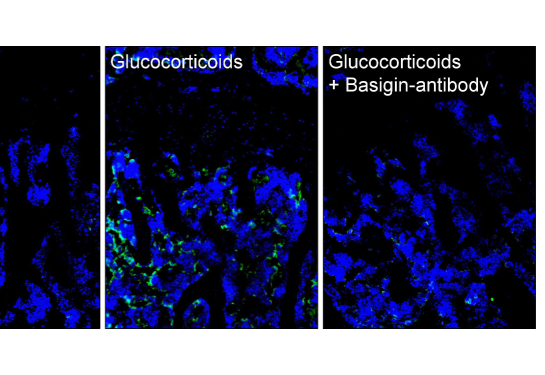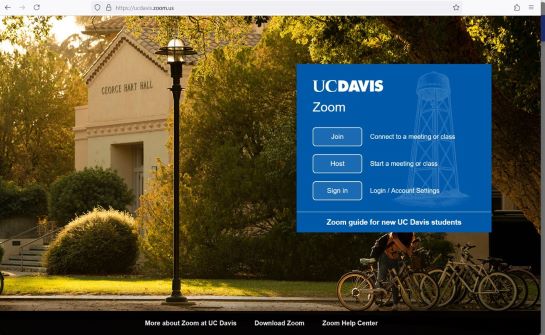Leadership Message: Dementia caregiver training in Spanish first-of-a-kind in Sacramento
Dear Colleagues,
The day-to-day management of dementia is dominated by the assessment and management of “responsive behaviors” including aggression, agitation, depression, anxiety, wandering and many more. These behaviors contribute to ED visits, hospitalizations, nursing home placements, and caregiver distress and burden.
The DICE Approach (Describe, Investigate, Create, Evaluate) is an algorithmic, evidence-informed method for helping caregivers to manage these symptoms. We are proud to share a meaningful milestone in our work: the launch of the first DICE training offered in Spanish to dementia caregivers in the Sacramento region, funded by the Thomas P. Raley Foundation.
As the United States population ages, ADRD is becoming an urgent public health challenge. Latinos in the U.S. are about 1.5 times as likely as their White counterparts to develop Alzheimer’s disease. Additionally, more than 1.8 million Latino family caregivers provide necessary, unpaid support to their loved ones.
Many of those caregivers face cultural and language barriers while juggling work, other family responsibilities, and limited access to resources. Women, who make up the majority of caregivers, are especially at high risk for depression, with some studies showing rates close to 40% among dementia caregivers.
That is why the Spanish DICE training matters. The DICE Approach gives caregivers practical, evidence-based tools to address the behavioral and psychological symptoms of dementia (BPSD). In this program, caregivers learn to describe behaviors, investigate possible causes, create tailored strategies, and evaluate their plan, all in a culturally relevant format.
The Spanish-language training in Sacramento utilized community feedback through bilingual focus groups, or “pláticas,” ensuring the program reflected the realities of local families and the community. Participants left feeling more confident, less stressed, and better equipped to manage BPSD in individuals with ADRD.
This is only the beginning of our vision to expand Spanish-language DICE training to reach more caregivers across California, and eventually other parts of the world. By continuing to partner with community leaders, we can ensure this support becomes a standard resource for all communities, not just a one-time event.
It is our privilege to support caregivers in this journey, building a future where no one faces dementia alone and where culturally tailored support is part of the foundation of quality care.

Yours in health,
Helen Kales, M.D.
Ariana Cuevas, M.P.H. Candidate





